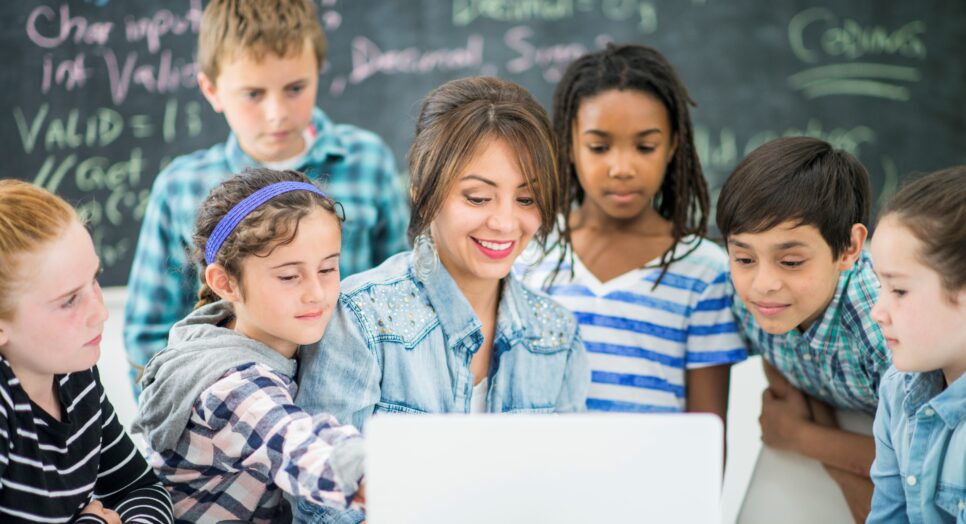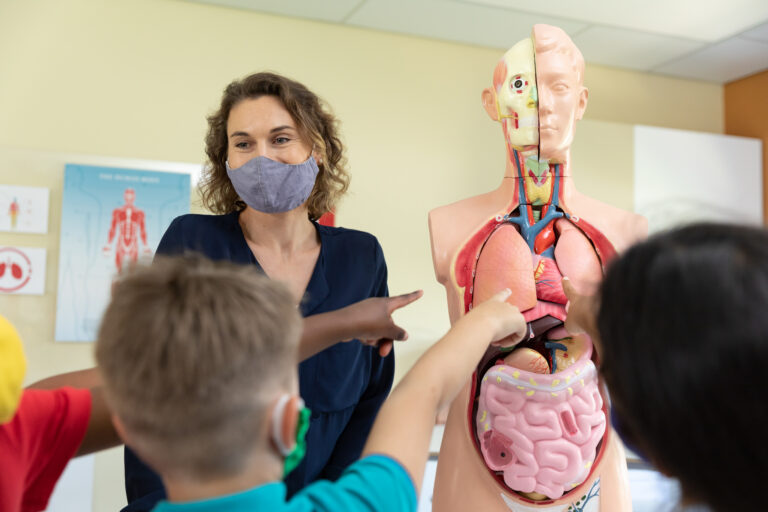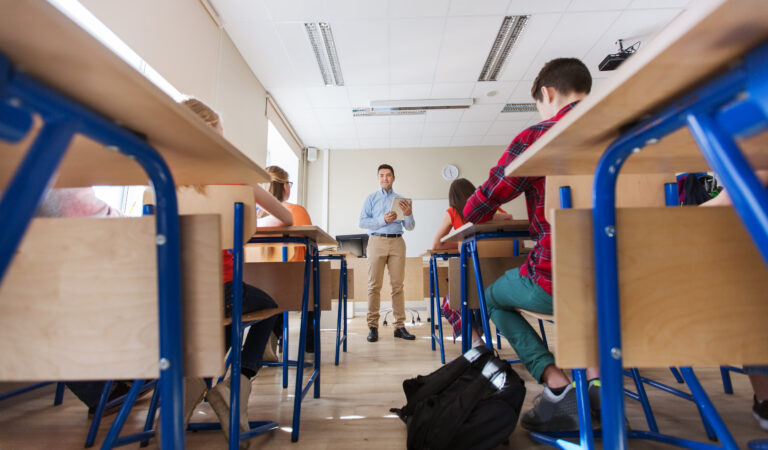By now, you’ve heard about the mental health crisis among students. Many factors have been blamed for this, including the pandemic and social media use. Starting a new school year can increase stress for many students. But take heart. Mental health support for students is available.
After pandemic school closures, students may feel disconnected from their peers, teachers, and the structure of the school day. Children of all ages have fallen behind in developing their social skills because of the social distancing that was required. However, parents and educators can help refresh social skills by teaching children how to engage in conversation and group activities.
School Support for Mental Health
In addition, school staff can increase their capacity to support student mental health. Some of the evidence-based strategies that can be implemented in schools to provide mental health support for students include the following:
- Create rules and routines.
- Make classrooms safe places for all students.
- Model and teach emotional self-regulation.
- Train staff to spot and address mental health issues.
- Have mental health professionals available for students.

Resources for Mental Health Support for Students
Parents may turn to their schools for help in finding mental health support for their children. As partners in the health and well-being of young being, educators can be prepared to be a respected source of information for parents.
- Back to School and Mental Health: Supporting Our Children for a Successful Year Ahead, SAMHSA: Parents and educators can do many things to help students transition back to school and this article provides suggestions and resources.
- How parents can help kids deal with back-to-school anxiety, The Conversation: This article provides six tips for reducing children’s back-to-school anxiety from a researcher on children’s mental health.
- How to Support Kids Facing Unwanted Back-to-School Comments About Their Appearance, Katie Couric: Children who are experiencing puberty are especially sensitive about the changes that have taken place during the summer break from school. This article provides helpful guidance for avoiding trauma from appearance-focused comments.
- Selfies, Social, and Screens: Navigating Virtual Spaces for Youth Toolkit, Mental Health America: The 2023 Mental Health America Back-to-School toolkit provides information, tips, and inclusive resources for young people, caregivers, and school personnel on how to protect youth mental health in a digital world.
- Social Media and Youth Mental Health, U.S. Department of Health and Human Services: The U.S. Surgeon General’s Advisory describes the impacts of social media on children and adolescents. It suggests an action plan for managing this public health issue that is affecting the mental health of our young people.
Together, we can provide the mental health support students need as they return to school and move through the school year. By partnering, educators and parents can help children and adolescents learn the skills they need to develop and maintain their mental health now and for the future.
Read more:
- Understanding the Reasons for the Mental Health Crisis in Youth, Science Friday
- Social Media’s Concerning Effect on Teen Mental Health, Annie E. Casey Foundation, 2023
- Kids’ mental health is in crisis. Here’s what psychologists are doing to help, American Psychological Association, 2023
- CASEL’s SEL Framework and Puberty: The Wonder Years, Puberty: The Wonder Years
- About Mental Illness, National Alliance for Mental Illness (NAMI)
Get Help:
- Call 988 for the Suicide & Crisis Lifeline.
- Call 1-800-662-HELP for the SAMHSA National Hotline. They can provide referral and information services for mental health and/or substance use disorder treatment.



